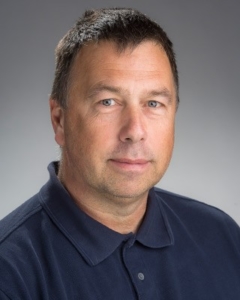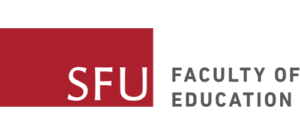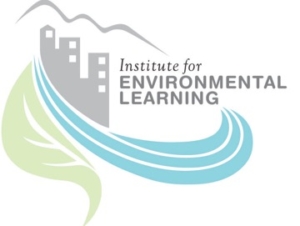The Institute for Environmental Learning (IEL) at Simon Fraser University (SFU) is a cutting edge educational research group working towards a sustainable future for British Columbia.
Our Mission
Creating a vibrant, active research and education network working towards a sustainable future for British Columbia.
The IEL was created by the SFU Senate to develop and support environmental learning research in British Columbia communities, schools and post-secondary institutions. It sponsors a number of credit and non-credit programs throughout BC and abroad, along with its partners.
IEL is a BC based partnership among researchers, educators, and government stakeholders, facilitating education and action-oriented research around environmental learning and sustainability and has been chartered by the United Nations as a Regional Centre for Expertise on Education for Sustainable Development representing BC and the North Cascades (UN BCNC RCE).
The Institute is well positioned to play a leading role in the development of environmental learning curriculum and practice with the following objectives:
- Promote multi-sectoral collaboration, community based problem solving and a network of research into effective teaching practices;
- Develop and support research and programs on environmental learning in communities, schools and post-secondary institutions;
- Focus on an interdisciplinary approach to research with multi-institutional involvement and expertise;
- Coordinate research and development activities; and
- Increase private and public involvement in Environmental Learning and related research, fund distribution and policy development
Our Vision: Our RCE
What is an RCE? In 2002, the United Nations (UN) adopted a resolution announcing the Decade of Education for Sustainable Development (DESD) and stressed the need to reorient existing education towards sustainability. The idea is that Education for Sustainable Development (ESD) helps people better understand themselves and their links to the wider natural and social environment; it also helps individuals and communities adopt behavior and practices that enable all to live a full life, without being deprived of basic necessities.
Regional Centres of Expertise (RCEs) are designed to implement these ESD initiatives. [1]
An RCE is a network of existing formal, non-formal and informal organizations that facilitate learning towards sustainable development in local and regional communities.
A network of RCEs worldwide constitutes the Global Learning Space for Sustainable Development with each RCE translating global objectives into the context of the local communities in which they operate. RCEs think globally but act locally and are the best keepers of knowledge about sustainability challenges in their home regions.
The success each RCE achieves on the local level is brought to scale through the global RCE Network. Local knowledge, expertise, and best practices are shared globally through the network and are able to be adapted and applied successfully in other regions.
Find out more on the IEL website.
[1]As of March 2015, the United Nations University officially acknowledges 136 RCEs worldwide.
 Dr. David Zandvliet is an Associate Professor in the Faculty of Education at Simon Fraser University in Vancouver, Canada and the founding Director for the Institute for Environmental Learning. An experienced researcher, he has published articles in international journals and presented conference papers on six continents and in over 15 countries. His career interests lie in the areas of science and environmental education and learning environments. He has considerable experience in the provision of teacher development and has conducted studies in school-based locations in Australia, Canada, Malaysia Sri Lanka and Taiwan.
Dr. David Zandvliet is an Associate Professor in the Faculty of Education at Simon Fraser University in Vancouver, Canada and the founding Director for the Institute for Environmental Learning. An experienced researcher, he has published articles in international journals and presented conference papers on six continents and in over 15 countries. His career interests lie in the areas of science and environmental education and learning environments. He has considerable experience in the provision of teacher development and has conducted studies in school-based locations in Australia, Canada, Malaysia Sri Lanka and Taiwan.


